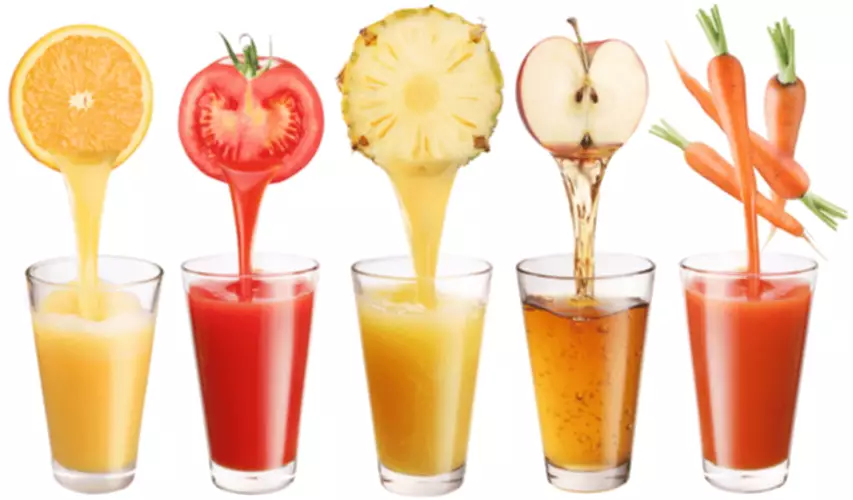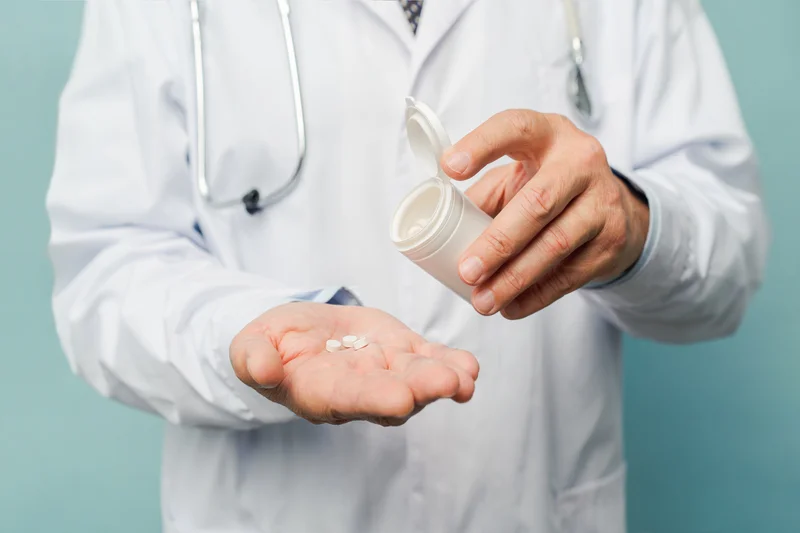
This condition significantly diminishes visual clarity and can progress to blindness if untreated. Alcohol impacts the structural proteins of the lens, accelerating the clouding process. can alcohol cause blurred vision Recognizing and addressing this risk can prevent severe visual impairment and maintain eye health. Limiting alcohol consumption, maintaining a healthy diet, and regular eye exams can help mitigate the long-term effects of alcohol on the eyes. While it may not be entirely preventable, you can take steps to minimize the occurrence of blurry vision while drinking.

The Biological Mechanism Behind Alcohol’s Effects on Vision
Recent estimates suggest that 595,000 veterans misuse opioids of some form, with the vast majority struggling with prescription painkillers. Treat them with the care they deserve, and they’ll continue to serve you well throughout your life. So, adding these protective nutrients to your diet can reduce the chances of developing eye diseases such as AMD. A unit called blood alcohol concentration (BAC) outlines the amount of alcohol you take.
Alcohol’s Immediate Effects on the Body
However, the truth lies in the intricate relationship between alcohol and the various structures of our eyes. So, let’s dive into the fascinating science behind why your vision becomes blurry after a night of indulging in alcoholic beverages. Because of the dehydrating and inflammatory properties of alcohol, a person with an alcohol abuse disorder may develop or worsen these diseases. Consuming alcohol can lead to tear instability, tear evaporation, and a vitamin A deficiency, all of which can cause short and long-term conditions in the eyes. Heavy alcohol consumption can lead to the development or worsen the symptoms of ocular surface disease (OSD).
- The tear film is crucial for maintaining the smoothness and clarity of the cornea.
- Here are 21 eye and health problems that can cause gradual or sudden blurred vision.
- Another problem that excessive drinking leads to is migraine headaches, as the eye becomes sensitive to light; the result is pain.
- Talking to a doctor or addiction specialist can be the first step toward getting support.
- Alcohol can slow down the transmission of these signals, resulting in blurry or distorted vision.
- In conclusion, while blurry vision after alcohol consumption is often seen as a temporary side effect, there are underlying medical conditions that can contribute to this issue.
Short-Term Effects of Alcohol on Vision
- Studies showed that alcohol reduced vision in low-illumination environments, especially at night.
- This can depend on factors such as genetics, overall health, and alcohol consumption habits.
- The pupil allows light into the eye but, if the iris doesn’t contract quickly enough when exposed to bright light, it lets far too much light into the eye.
- Alcohol acts as a depressant, slowing down the function of the central nervous system and causing impairment in various bodily functions, including vision.
- In some cases, simply reducing or eliminating alcohol consumption may be enough to alleviate the symptoms.
Alcohol consumption has several immediate effects on the body, and one of these can be temporary blurriness in vision. This phenomenon is often referred to as alcohol-induced visual impairment or alcohol-induced oculomotor dysfunction. Ophthalmologists consider alcohol consumption a modifiable risk factor, meaning individuals can prevent alcohol vision decline by limiting or stopping consumption. Low to moderate alcohol consumption may prevent some eye diseases such as central retinal vein occlusion (RVO), the blockage of eye veins.

Why Does Alcohol Blur Your Vision? Exploring The Causes Of Blurry Vision After A Night Of Drinking

It’s also essential to consume foods or drinks that contain electrolytes to replenish the body’s stores. Resting, avoiding bright lights, and giving your eyes a break from screens can also help alleviate blurry vision. In summary, dehydration can cause blurry vision due to reduced tear production, changes in the vitreous humor consistency, and altered blood pressure in the eyes.
Are there any remedies or treatments available to alleviate blurry vision caused by a hangover?
Alcohol can also increase the risk of strokes and diabetes, which can also negatively impact a person’s vision. To conclude, blurry vision after drinking alcohol is a common side effect that can be attributed to the effect of alcohol on the eyes, brain, and body as a whole. Dilated blood vessels, impaired brain function, decreased sensitivity to light, and dehydration are all factors that can contribute to this phenomenon. It is important to consume alcohol in moderation and be aware of the potential effects on vision and overall health. In conclusion, understanding the intricate relationship between alcohol and Sober living house vision is essential for making informed choices about your drinking habits and protecting your eye health. The short-term effects of alcohol consumption—such as blurred vision and impaired depth perception—can pose immediate risks to safety and well-being.
- These symptoms arise quickly after consumption, making it difficult to focus and increasing the risk of accidents.
- This reduction in antioxidant capacity weakens the eye’s defences, particularly in the macula, where oxidative damage is strongly linked to Age-related Macular Degeneration (AMD).
- These changes can result in the light waves not focusing properly on the retina, leading to a blurred image being transmitted to the brain.
Research has shown that excessive alcohol consumption can alter how you perceive colors due to its impact on the brain’s processing centers responsible for color discrimination. You might notice that after drinking, colors appear less vibrant or that you have difficulty distinguishing between similar shades. One of the more insidious effects of alcohol on vision is its impact on night vision. As you may know, seeing clearly in low-light conditions relies heavily on the function of rod cells in your retina.
Importance of Addressing the Root Cause of Alcohol Abuse
- It is always best to consult with a healthcare professional for personalized advice on alcohol consumption and its effects on eye health.
- Nutritional deficiencies resulting from long-term alcohol abuse may harm the optic nerves, retina, and other crucial visual components, resulting in irreversible damage.
- Yes, alcohol-induced visual disturbances, such as blurred or double vision, can resemble the visual aura experienced during a migraine episode.
- When the body does not have enough water, it can affect various bodily functions, including the eyes.
However, drinking frequently over a long period of time can lead to the development of chronic dry eye, causing discomfort and blurry vision. The blood vessels in your eyes expand, becoming more noticeable and also potentially leading to changes in blood pressure or eye pressure. In conclusion, drinking more water can improve blurry vision caused by dehydration. Scientifically, dehydration affects the eyes’ structure and function, leading to dry eyes and decreased tear production.
